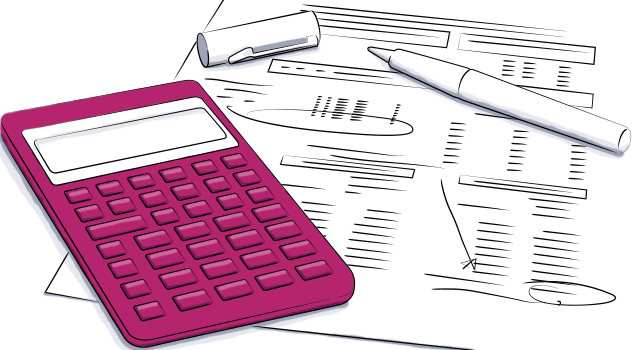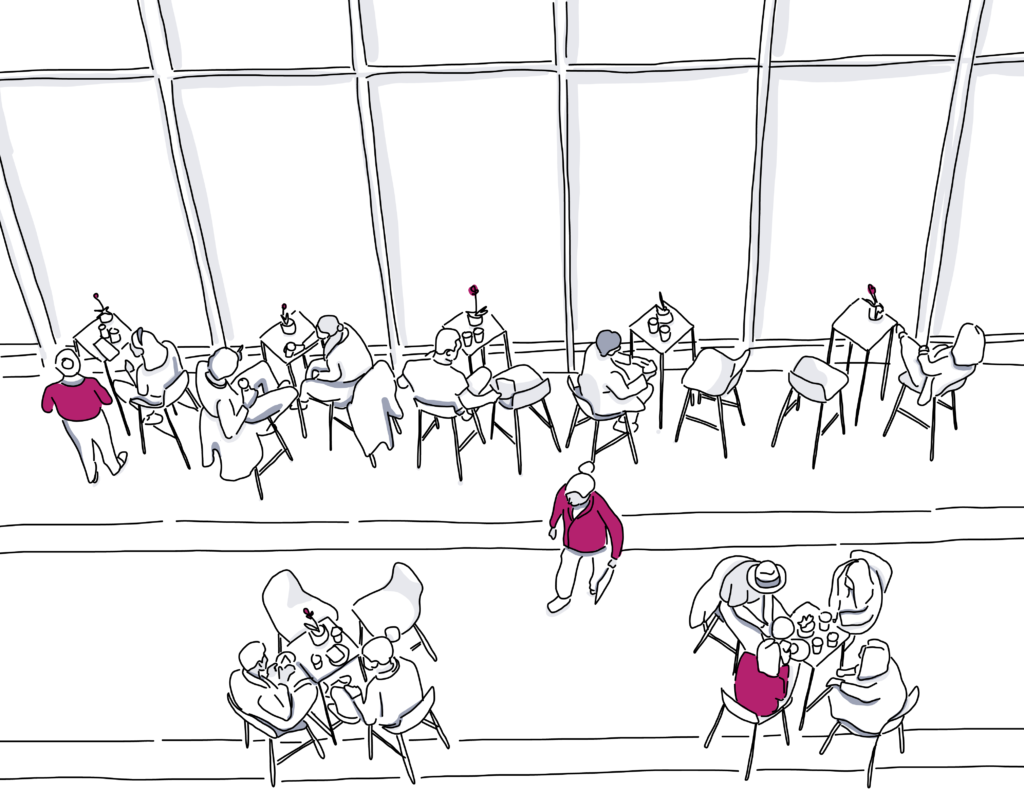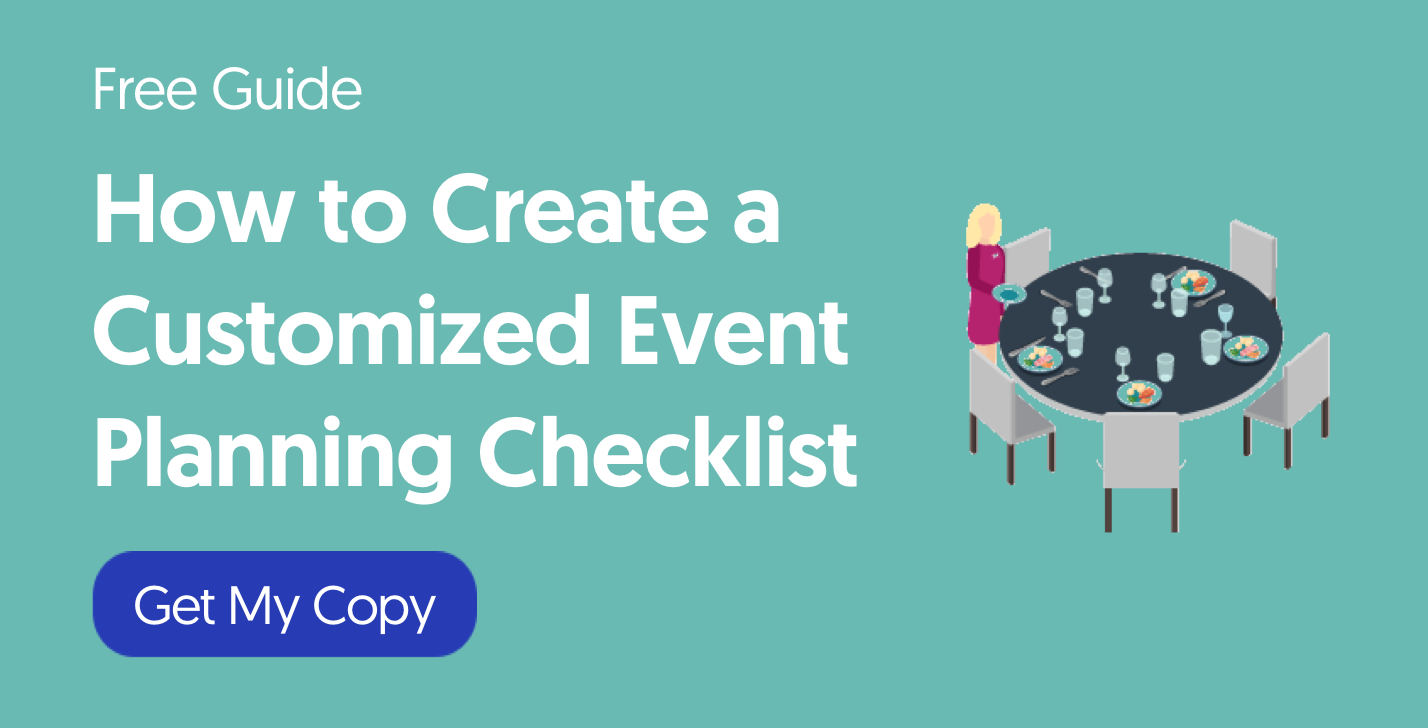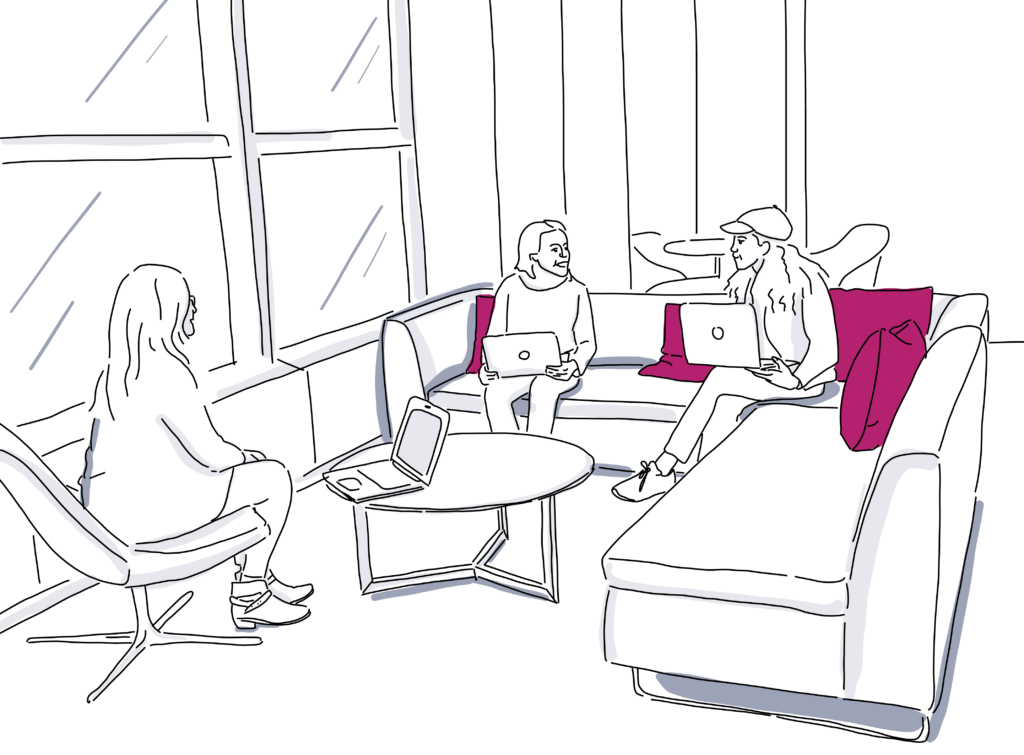
Friday Finds: 15 Ways to Set the Right Price for Event Tickets
One of the biggest event planning challenges you’ll face during the entire process is finding the sweet spot for your event ticket prices. They need to be priced high enough that you can make a profit and prove more return-on-investment, but low enough so that your event’s attendance will be stellar without creating a perception of low value.
Ticket price also influences when a majority of your tickets will be sold. 50% of attendees are likely to purchase their ticket three months in advance when the ticket costs over $50, whereas 56% of attendees are likely to purchase their ticket the day of the event when the ticket was priced under $12.
While there is no set formula to help you set the right price for tickets, there are several factors you should consider.
How Do You Price Event Tickets?
This is the million dollar question. Take a look at your other event KPIs, such as your projected expenses and revenues. You want to focus on maximizing sales so you can make a profit. To do so will require a deeper understanding of your event-goers, their perception of your brand and products or services, as well as the nature of your event type.
Let’s take a deeper look at how to use these tools as we learn how to set the ideal ticket price.
How to Create Event Pricing Models That Maximize ROI
Do your research on your target markets, competition, and past events to figure out what ticket price will prove a higher return-on-investment and boost your ticket sales.

Step 1: Take a closer look at your target market.
You want your event to be a success and the key to that success is knowing your market. What will they feel comfortable spending to attend your event, and when will they feel comfortable spending it? Survey past event attendees or research past event budgets to get a ballpark figure for your ticket price. If that type of data isn’t available, you might want to try a dynamic pricing model to experiment and see what works best.
Step 2: Choose which ticket types makes the most sense for your audience.
What experience is your audience looking for? Answering that question can help you decide what types of tickets to offer, and therefore what to charge. For example, general admission tickets guarantee all event-goers the same experience for the same price. On the other hand, VIP packages allow them to have the exclusive experience they crave for the price they are willing to pay. It all just depends on what opportunities you think your audience will be the most excited about.
Step 3: Consider the needs of your event’s key stakeholders.
Your stakeholders have a keen interest in your event and want to see it succeed just as much as you do. Depending on the needs of your event sponsors and partners, you’ll have to punch some numbers and consider what’s your break-even point. Then, you can determine the ticket sales you’d need to fulfill your original agreements.
When in doubt, do your best to honor what sponsors, partners, and vendors were told they’d receive from the collaboration. Because as you put on more events over time, these relationships will help build and strengthen your future attendance at related experiences.
Step 4: Research whether or not this event type is in demand.
You may have a great idea for an event, but your target market will also have to think it’s a great idea for them to purchase tickets. Search for similar events in your industry to estimate the likelihood that people would attend. Also check to see if similar events have taken place in your geographical area that may compete with yours as well.
Take note of which ticket pricing strategies are implemented for other popular, related, or simply well-attended events when doing this research. Think about how you can improve them by offering more robust package options or serving up a better experience at a competitive price.
Step 5: Analyze data from past events.
Like we’ve previously mentioned, information from past events is a gold mine. It can offer you valuable insight and guide your decisions for your next event. So why recreate the wheel? Check out data on all your company’s or client’s events’ budgets, ticket pricing, and attendance then brainstorm what can remain the same or be improved upon.
Step 6: Monitor ticket sales once they go live.
Deciding your event’s ticket pricing and sale schedule isn’t a set it and forget it task. Build flexibility into your pricing model so you can offer more of certain packages or extend sales. Utilize event management software to get an overview of which ticket types are selling and when they are selling to improve sales and maximize your profits.
Learning from what has been done in the past and remaining flexible are necessary to ensuring your ticket sales will be a success. But you can also learn from the ticket sales success of other events like these great case studies below.
3 Special Event Pricing Examples from Leading Brands
Researching what ticket pricing has worked successfully for others can help you determine your event’s needs, and you can start with these three great examples.
1. CES’s Discounted Membership Pricing
The Consumer Electronics Show is produced by the CTA (Consumer Technology Association) and is the world’s largest technology conference. Attendees can purchase the CES Registration, Starter Conference Pass, or Deluxe Conference Pass ticket, with each tier offering its own unique experience. Members of the CTA can save an extra 25% off the two latter ticket price tiers and have exclusive access to member lounges. This strategy creates value for the event’s main stakeholder as it encourages attendees to join the organization, increasing the CTA’s profits.
2. Dreamforce’s Profession Focused Packages
Dreamforce is a four-day conference hosted by Salesforce that promises inspiring keynotes and sessions as well as the discovery of how future technology can change the world. While it offers a full conference pass, special ticket pricing for Press/Analysts and Sponsors is also available. Dreamforce is incentivizing these segments of their audience to attend the event by tailoring the experience for them at a price they’ll be more excited about.
3. MozCon’s Simplified Options
MozCon is another large, well-attended conference, but their pricing strategy is very simple: they offer Super Early Bird tickets for subscribers and non-subscribers. So event-goers are promised the same experience, regardless of their budget, but prompt registrants are rewarded for their actions. As one of the most popular events of its kind, MozCon showcases the power of creating straightforward ticketing options.

15 Event Ticket Pricing Ideas & Tips
Find inspiration for your event’s ticket pricing strategy with these trends.
1. Use the popular early bird pricing strategy.
This strategy offers several benefits. It encourages people to purchase their tickets early, which will give you an idea of what attendance and profits to expect. You can also start promoting your event in advance through mediums such as email marketing or social media. Another benefit is that early bird pricing generates a fear of missing out for those who haven’t gotten tickets yet which can increase your sales.
2. Consider psychology-based tiered ticket pricing.
Offer different experiences for different costs. Switch up the presentation between the packages by changing the fonts, colors, and sizes. Highlight the package of which you’d like to sell the most to unconsciously signal to potential attendees that this is the ticket they want.
3. Advertise quality over quantity.
People are happy to pay more for unique or upscale experiences. One third of VIP ticket buyers say if an event doesn’t have a VIP Package, they may not attend at all.
4. Put a countdown timer on your event registration page.
Create a sense of urgency for your audience to encourage them to buy their tickets. Take a look at this helpful article for 10 other ways to accomplish this.
5. Send out referral codes to loud supporters and social media all stars.
Take advantage of their influence over their followings to boost your ticket sales. 34% of daily Instagram users in the United States said they purchased something because it was recommended by a blogger or influencer.
6. Have a flash sale for email newsletter subscribers.
Treat your biggest fans to a discount on their tickets. The use of interactivity, contrasting colors, and other 2019 email marketing design trends will increase the email’s effectiveness.
7. Offer exclusive package upgrades that only early registrants will have access to.
People won’t want to miss out on such a cool opportunity. Some examples of common ticketing upgrades include complimentary parking, extra drink tickets, or Pre-Party/After-Party invitations.

8. Include your venue as a main selling point in your event marketing.
Part of your guests’ experience will be determined by your venue’s atmosphere, so promote its highlights to justify higher ticket prices. Work with your venue to leverage their connections with the local media outlets and their digital channels to advertise the event.
9. Track ticket pricing performance with event management software.
Reduce your workload by using the software to track data that would otherwise have to be tracked manually. This will free up your time to tackle other items on your to-do list, such as finalizing your event’s ice breakers.
10. Emphasize attendee experience in your event design.
Your event-goers want to feel something from your event. Tap into the right emotions and you’ll create a long-lasting relationship with them. Visualize the attendee experience by creating storyboards to map out their journey.
11. Use emotional marketing tactics in your event registration page copy.
This strategy will encourage people to make decisions based off of how they feel. Tell a story or create a sense of community with the verbiage, or check out this list of other ideas.
12. Include creative VIP experiences your audience will truly value.
What’s called the experience economy is growing tremendously. 74% of Americans prioritize experiences over material possessions.
13. Provide white glove service with flight, hotel, and food/beverage included in some packages.
All-inclusive packages will relieve your attendees from the planning stress, a luxury they will pay more for. These extensives of the event give you the opportunity to brand your event further as well. Include the event’s name or logo on hotel room care packages, transportation signs, and even water bottles.
14. Research what other similar events in your industry use as their pricing model and act accordingly.
This doesn’t mean you have to decrease your ticket price and undercut the competition. Just be in the ballpark of their ticket price range and honestly assess what your event offers versus theirs.
15. Use segmented marketing campaigns to promote different pricing tiers.
Compile information about your target markets such as their age, interests, and spending power and examine how these factors divide them into smaller groups. Alter your strategy to best reach these groups and advertise the experience they want. For example, 73% of adults ages 18-24 use Snapchat, so if they are a segment of your target market you can promote a cost-effective experience on that social media platform.
Now you know how much you should charge for tickets!
Delve into the specifics of unforgettable event design next, or explore time-saving event communication tools and techniques to help you land corporate event planning clients.

